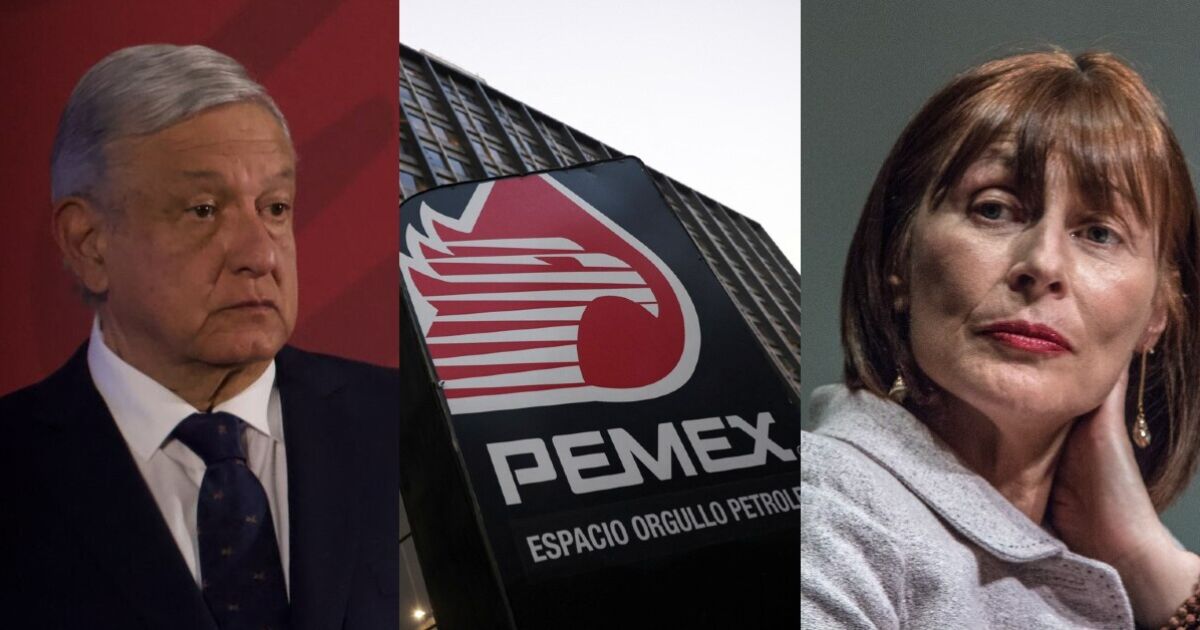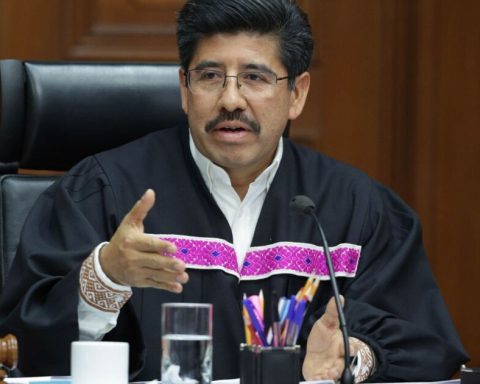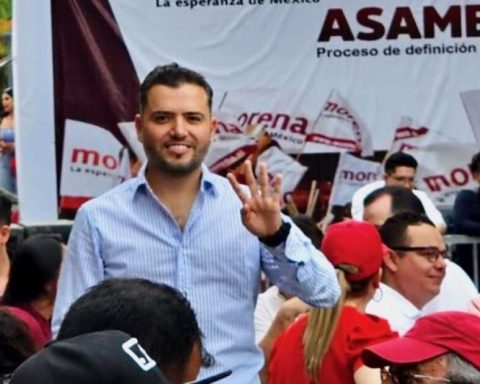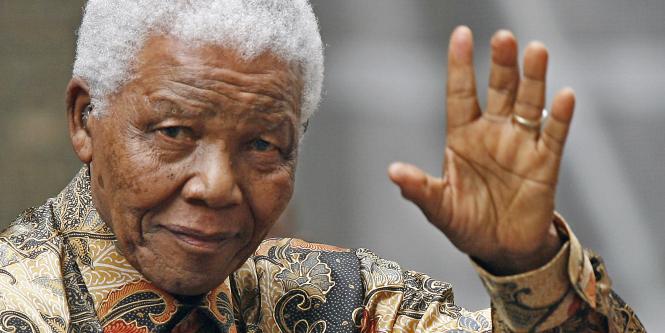Fernando Ruiz, general director of the Mexican Business Council for Foreign Trade, Investment and Technology (Comce), added that the agency in charge of Tatiana Clouthier knows the details of the T-MEC and this type of dispute.
“We are very calm because it is a very well-prepared team, we are not going to have a problem on that issue,” he said.
However, Mexico does not have everything in its favor in this case.
What is discussed?
Canada and the United States consider that the changes promoted by the federal government give unequal treatment to private competitors compared to productive state companies.
The analysts consulted agreed that the energy policy of the federal government does not comply with the T-MEC, since there is a commitment not to affect the investment of the partner countries with internal legislation. In other words, the same treatment must be given to national and foreign companies. The agreement also provides that state-owned companies should not affect free trade and the provision of services.
“There are a series of provisions that sound very difficult to reconcile, such as the clear preference that they want to give to the CFE and Pemex, the procedures, permits, licenses, that the government has not given to the private ones,” explained Baker, currently a professor from the Pan American University.
What if the United States and Canada are right? “Mexico would have to modify its legislation so that the things that have been demanded are consistent with the T-MEC,” she explained.
If the Mexican government does not do so, he added, tariffs could be established on national exports to compensate for the damage.
“If that happens, the truth is that all of Mexico’s exports would be at risk,” Baker said.
The compensatory quotas or tariffs would be imposed for a certain time to cover the damage that, in the opinion of Mexico’s commercial partners, has been generated, commented Ruiz, the director of Comce.
President López Obrador said last week in his morning conference that Mexico does not violate the T-MEC and that they have already spoken with 19 companies, of which, with 17, agreements have already been reached. The president did not reveal the name of the companies.
In this regard, Ruiz said that he will continue the “company by company” negotiation and hopes that the energy dispute will be resolved during the consultation phase.
The process
Consultations are the first step in the dispute settlement mechanism established in the trade agreement. Once Mexico received the formal request from its two T-MEC partners, on July 20, it has 30 days (until August 20) to start the dialogue with both.
The consultation stage will last 75 days and, if there is no agreement, a panel of experts will be established whose duration ranges from six to seven months.
However, there are no fatal times and, if the parties agree, they can extend the times, the Undersecretary of Foreign Trade of the Ministry of Economy, Luz María de la Mora, recently told Expansión.
















